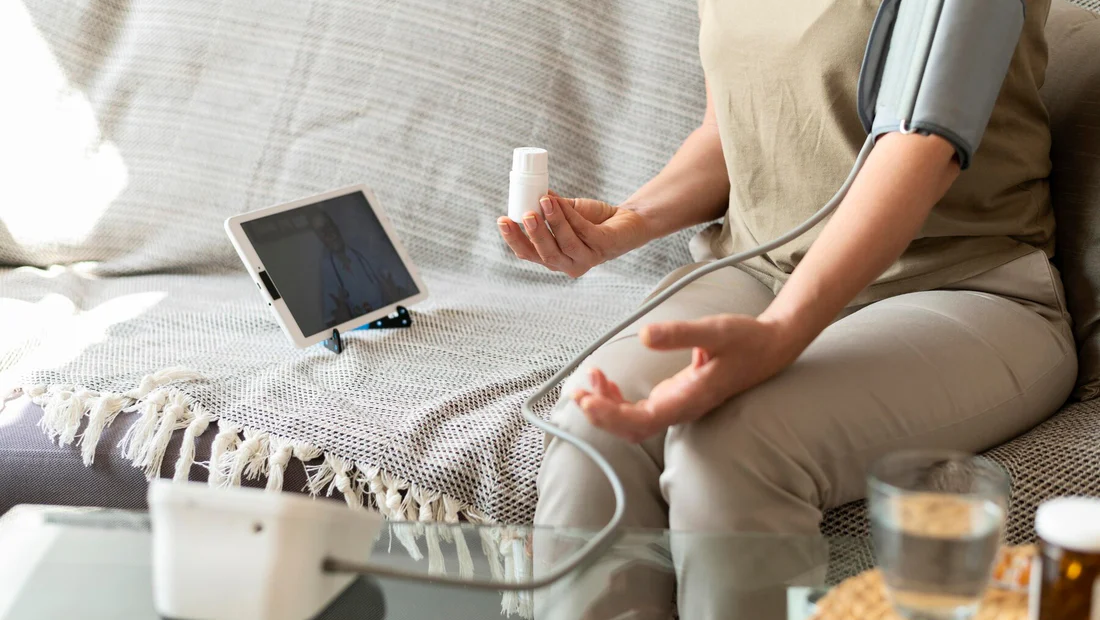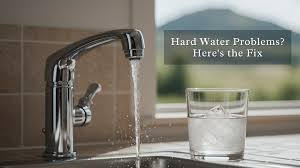Now Reading: Home Hard Water Dangers: 7 Shocking Ways It’s Ruining Your Fast
-
01
Home Hard Water Dangers: 7 Shocking Ways It’s Ruining Your Fast
Home Hard Water Dangers: 7 Shocking Ways It’s Ruining Your Fast

Table of Contents
Water is something we use every single day for drinking, cooking, bathing, and cleaning. But not all water is the same. Have you ever noticed white spots on your dishes, or your soap not lathering well? That might be because you’re using home hard water.
In simple terms, hard water is water that contains a high amount of dissolved minerals, mainly calcium and magnesium. These minerals are not harmful to your health, but they can cause several issues around your home and even affect Home your skin and hair.
What Causes Hard Water?
As rainwater falls, it’s naturally soft. But as it travels through soil and rock, it picks up minerals like calcium and magnesium. The more minerals it collects, the “harder” the water becomes. Areas with lots of limestone, chalk, or gypsum in the ground often have hard water.
In India, for example, many cities such as Delhi, Bhopal, and parts of Rajasthan and Maharashtra report high levels of water hardness due to geological conditions.
Common Signs You Have Hard Water
You don’t need a lab test to know if you have hard water. Here are some clear signs to watch for:
- White chalky spots on dishes and glassware after washing
- Soap and shampoo that don’t lather easily
- Dry or itchy skin after a shower
- Dull, lifeless hair even after using conditioner
- Stiff laundry after washing
- Reduced water pressure due to scale buildup in pipes
- Frequent appliance repairs, especially for water heaters and washing machines
If you’re experiencing several of these issues, chances are, hard water is to blame.
How Hard Water Affects Your Home and Health
While hard water doesn’t cause serious health problems, it can make life a little more difficult.
1. Plumbing Problems
The minerals in hard water form Home a layer of scale inside your pipes, which reduces water flow. Over time, this can lead to blockages and costly repairs. Appliances like washing machines and dishwashers may also become less efficient or break down faster due to mineral deposits.
2. Damage to Skin and Hair
Hard water can make your skin feel dry and itchy. It can also leave a film on your hair, making it look dull and lifeless. People with eczema or sensitive skin may find their symptoms worsen with hard water.
3. More Soap, Less Cleaning
Hard water makes it harder for soap to lather and clean effectively. That means you end up using more detergent for laundry or dishes. Home Over time, this also leads to soap scum buildup in your bathroom and kitchen.
4. Stained Surfaces
The minerals in hard water can leave stubborn stains on your sinks, tubs, and tiles. You may notice yellow or brown discoloration, which is difficult to clean without special products.
5. Higher Energy Bills
If your water heater has to work harder to heat water with scale buildup, it uses more energy. That means higher electricity or gas bills each month.
How to Test for Hard Water at Home
Not sure if you have hard water? Try this simple test:
- Fill a clear bottle halfway with tap water.
- Add a few drops of liquid dish soap.
- Shake the bottle well.
If you see lots of suds and the water below looks clear, you likely have soft water. If there are few suds and the water looks cloudy, it’s probably hard.
You can also buy a water hardness test kit online or from a local hardware store for more accurate results.
How to Treat Hard Water
The good news is, hard water can be treated. Here are some of the most common solutions:
1. Water Softeners
A water softener is a device that removes calcium and magnesium ions from water, usually by replacing them with sodium or potassium. These systems are the most effective long-term solution for hard water.
Types of water softeners include:
- Salt-based ion exchange systems
- Salt-free systems
- Magnetic or electronic descalers
2. Vinegar for Cleaning
White vinegar is great for cleaning hard water stains on surfaces, taps, and showerheads. Just soak the affected area with vinegar for 30 minutes and scrub it clean.
3. Boiling Water
Boiling water helps remove temporary hardness caused by calcium bicarbonate. However, this is not practical for daily use and doesn’t work on permanent hardness.
4. Install Filters or Showerheads
There are special showerheads and faucet filters designed to reduce hard water effects. While not as effective as full systems, they offer short-term relief for skin and hair issues.
Should You Worry About Drinking Hard Water?
According to the World Health Organization (WHO), drinking hard water is generally safe. In fact, the calcium and magnesium in hard water may offer minor health benefits. However, extremely hard water may taste bitter or metallic and can still affect your appliances.
If you’re unsure, you can opt for RO (Reverse Osmosis) purifiers, which can remove hardness and other impurities effectively.
Final Thoughts: Don’t Let Hard Water Take Over Your Life
Hard water might seem like a small issue, but over time, it can affect your comfort, hygiene, and even your wallet. Knowing the signs and taking simple steps can help protect your home, your skin, and your appliances.
Whether you choose a water softener, a shower filter, or just vinegar for cleaning, tackling hard water doesn’t have to be expensive or complicated. The key is recognizing the problem early and finding the right solution for your household.
Read More:- Shobha Realty Launches Its Most Luxurious Project Yet—Full Details Inside 2025






















